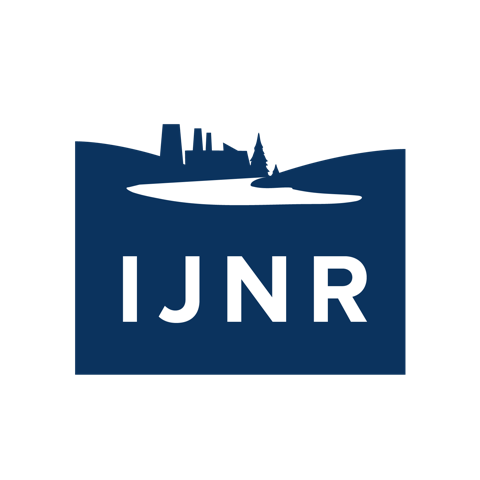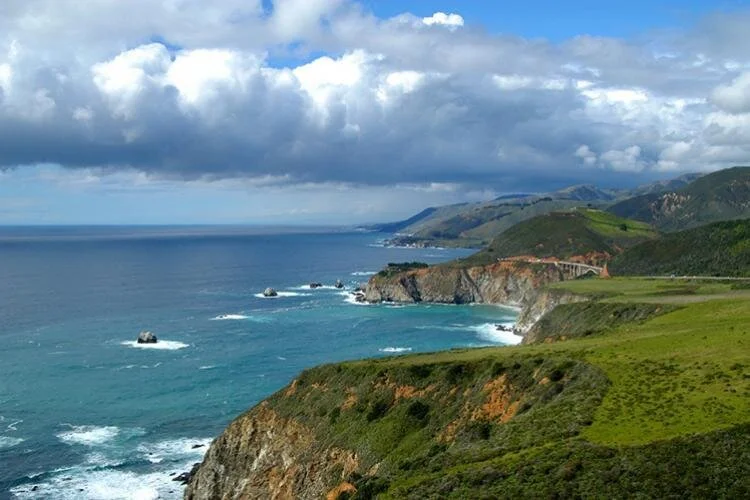Ocean + Climate Workshop Series: California Coast
August 24 + 25, 2021
9 a.m. - 3 p.m.
For more than a century, California has drawn people from all over the world with its natural beauty, abundant resources and the promise of fortunes to be made. As the crow flies, its iconic coast stretches more than 1,100 miles, and California’s coastal counties – which include the megaplexes of San Francisco, San Jose, Los Angeles and San Diego – are now home to nearly 27 million people. The fortunes of America’s most populous state are inextricably linked to its vast neighbor, the Pacific Ocean: The state boasts 11 bustling seaports, a robust commercial fishery and a tourism industry that generated $140 billion annually pre-COVID. But that close relationship is becoming fraught, as warming and rising waters due to climate change are changing coastal dynamics and impacting both ecosystems and economies.
The Institute for Journalism & Natural Resources conducted a virtual workshop focused on the ocean and climate along the California coast, designed to help journalists explore ocean issues that are underreported in popular media. Through conversations with a range of experts, this two-day workshop explored regional impacts of climate change on the ocean, the ocean’s potential to mitigate the impacts of climate change, the ocean’s place in human food systems, and the economic, social, scientific, and policy implications of those issues. Participating journalists:
Joined a chef online to cook under-utilized fish parts and fish species to demonstrate how to use the ocean’s bounty more sustainably (and YES, we did send journalists fish to cook!).
Heard why a changing climate has altered fish migrations and may send California’s seafood processing industry north.
Learned how scientists are using much more precise population models to inform “dynamic fisheries management” that allows for commercial catches that are both more productive and more sustainable.
Explored the ocean’s role in compounding drought, which affects salmon migrations upon which Indigenous people have depended for centuries.
Heard how marine heat waves (aka the warm blob) impact ocean ecosystems and terrestrial weather patterns.
Explored the issue of sea-level rise and how rising waters could exacerbate pollution problems around California’s Superfund sites – and impact vulnerable communities.
Heard how a recent agreement between California and the federal government is expected to foster an offshore wind development along the Central and North Coasts that could eventually power more than 1.6 million homes and meet the state’s clean energy goals.
Learned how plastic pollution is impacting natural and human systems.
Itinerary
Participating Journalists
Workshop Session Recordings
Post-Workshop Stories
The Ocean + Climate Series is made possible by support from the David and Lucile Packard Foundation, The Gordon and Betty Moore Foundation, and the Walton Family Foundation.
IJNR maintains editorial independence and control in all of its programming and decision-making.

